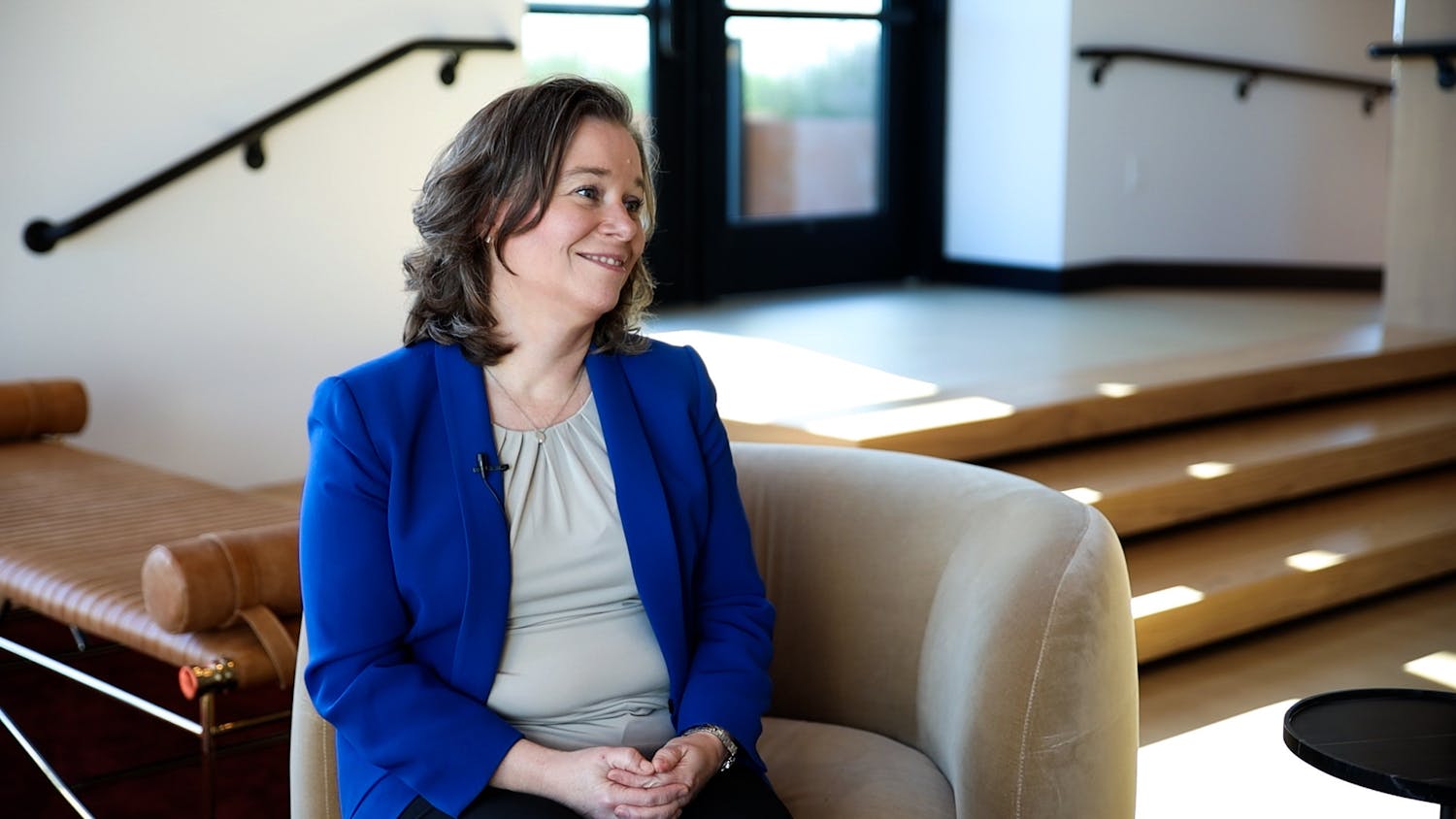A panel discussion was held in the Chazen Museum of Art Thursday night to discuss the situation in Iraq.
The panel consisted of Iraq veteran Jason Moon, English professor Michael Bernard-Donals, anthropology professor Neil Whitehead, history professor Steve Stern, and Capital Times reporter John Nichols. Katarzyna Beilin and Susanne Wofford, Director of the Center for the Humanities, sponsored the event.
In an interview before the panel Moon described his experiences in and after Iraq. Moon said he joined the National Guard and served ten years Guard in the Clinton era when, according to him, ""we actually stayed home and protected the nation."" After Sep. 11, he signed up for an additional year, under the auspices he would remain home in the event of another attack.
""But I really didn't believe in the evidence for the war, and then once I got over there and saw how the war was being conducted, then it just totally convinced me,"" Moon said.
""We were ordered to run over children that got in our way—if we were in a convoy we weren't supposed to stop, because they thought insurgents were using children to set up ambushes,"" Moon continued. ""I found out that another convoy had hit a child and we were tasked to dig a hole to bury the kid...we're supposed to be fighting people who run over innocent children, not do it ourselves.""
Beilin said she formerly felt uninformed about the reality of the situation and needed to know more. With this desire, she assembled a group of professors from various disciplines, as well as Moon and Nichols, to create a discussion in which students and members of the community would be able to gain a better understanding of the situation.
The other panelists discussed less about the war itself, but more on the ways the war is viewed on campus, the role of professors in addressing political issues, the language used to describe the war, and how U.S. actions are interpreted by the outside world.
""[The state of] Wisconsin wants you to be militantly anti-war,"" Nichols said, who continued to expound on how a lack of activism on campus has disconnected UW-Madison with its progressive history and the state's ""radically"" liberal tradition.





